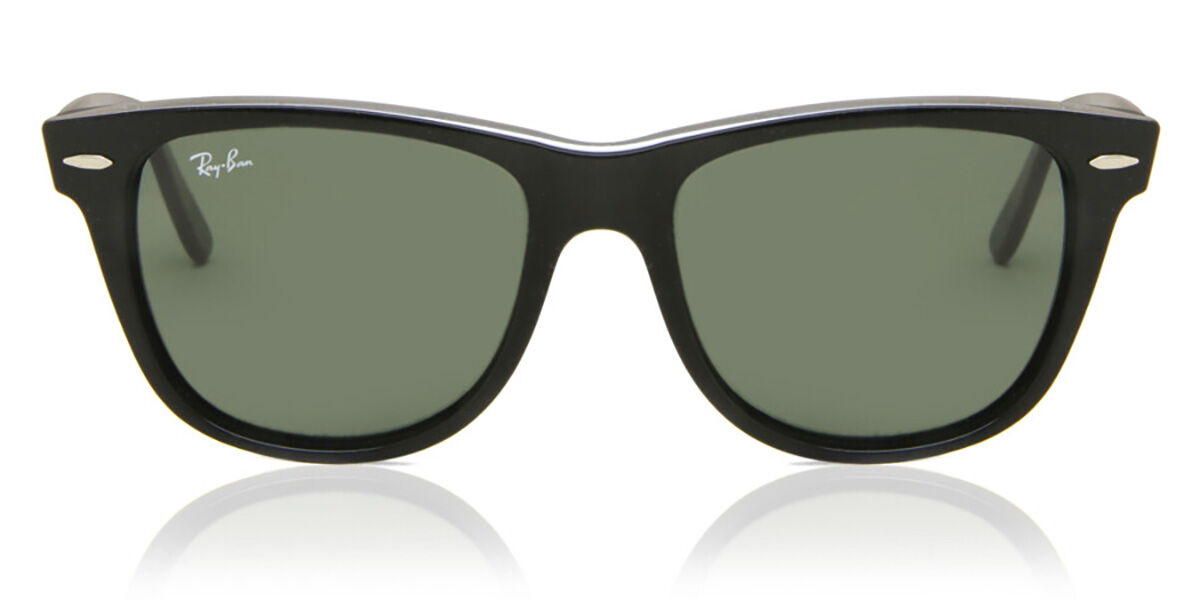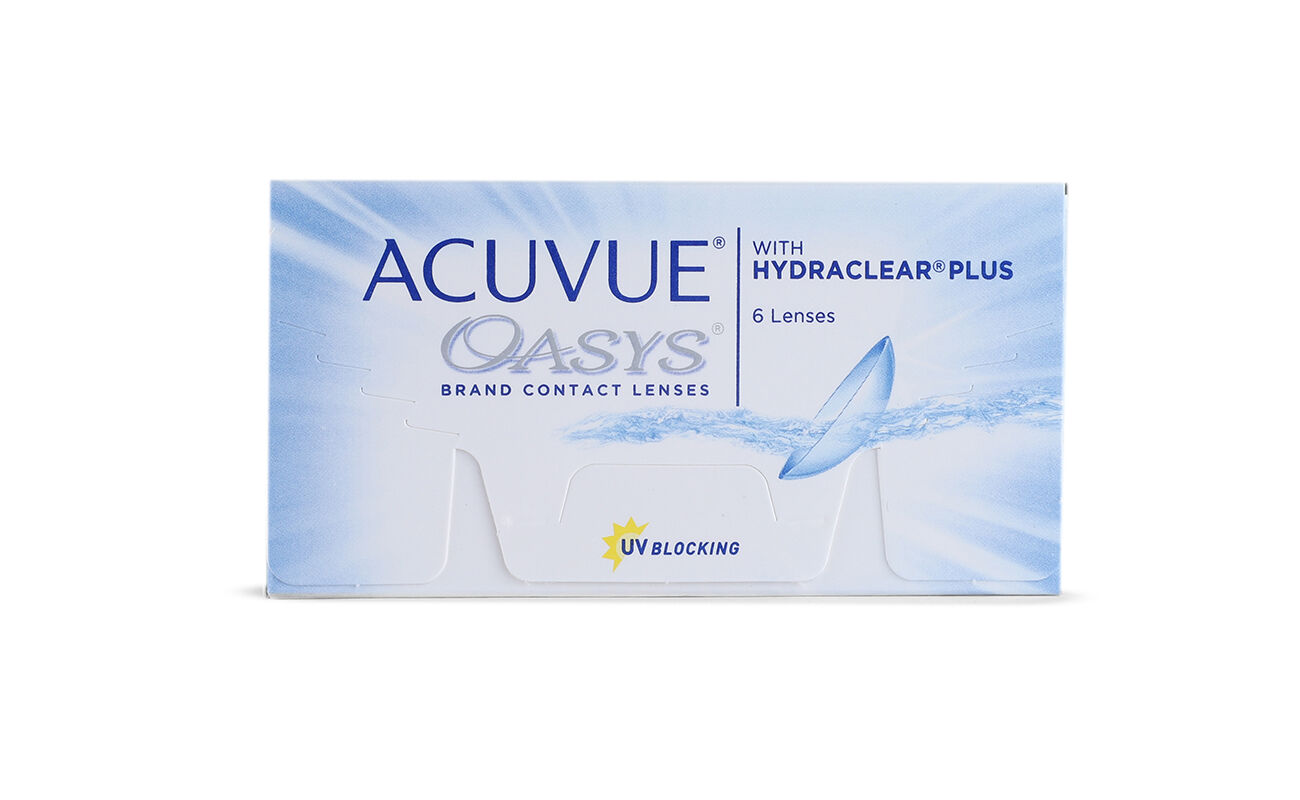Ophthalmologist Ophthalmologist – A medical doctor specialising in eye care, capable of diagnosing and treating eye diseases, performing eye surgeries and prescribing glasses and contact lenses. Ophthalmologists undergo extensive training, including medical school, residency and often further specialisation in specific areas of eye care.
Author Archives: charlotte
Phoropter
Phoropter Phoropter – An instrument used by eye care professionals during an eye exam to measure refractive error and determine the best prescription for glasses or contact lenses. The phoropter contains multiple lenses that can be adjusted to fine-tune your vision, helping to achieve the clearest and most comfortable correction possible.
Presbyopia
Presbyopia Presbyopia – An age-related condition where the eye’s lens loses its flexibility, making it difficult to focus on close objects. Typically starting in your 40s, presbyopia is a natural part of aging and is commonly corrected with reading glasses, bifocals, or progressive lenses.
Nose bridge
Nose bridge Nose bridge – The part of the glasses frame that sits on your nose, connecting the two lenses. A well-fitting nose bridge distributes the weight of the glasses evenly, ensuring comfort and stability. Different styles of nose bridges are available to accommodate various nose shapes and sizes.
Night vision glasses
Night vision glasses Night vision glasses – Glasses designed to improve visibility in low-light conditions, such as during nighttime driving. These glasses often feature anti-reflective coatings and yellow-tinted lenses to reduce glare from headlights and streetlights, enhancing contrast and making it easier to see in the dark.
Myopia
Myopia Myopia – Also known as nearsightedness, a vision condition where close objects are seen clearly, but distant objects appear blurred. Myopia occurs when light focuses in front of the retina instead of directly on it, usually because the eyeball is too long. Glasses or contact lenses with negative diopter values (minus lenses) are used …
Macular degeneration
Macular degeneration Macular degeneration – Age-related Macular degeneration is a condition that affects the macula, the central part of the retina responsible for sharp, detailed vision. Macular degeneration leads to the gradual loss of central vision, making it difficult to read, recognise faces, or see fine details. While there’s no cure, treatments can slow its …
Hyperopia
Hyperopia Hyperopia – Also known as farsightedness, a common vision condition where distant objects are seen more clearly than those that are close. Hyperopia occurs when light entering the eye focuses behind the retina rather than directly on it. Corrective lenses with positive diopter values (plus lenses) are typically prescribed to help focus light correctly …
Hydrophobic glasses
Hydrophobic glasses Hydrophobic glasses – Lenses treated with a hydrophobic coating that repels water, preventing droplets from sticking to the surface. This makes the lenses easier to clean and keeps them clear in rainy or humid conditions, improving visibility and comfort for the wearer.
Ocular hypertension
Ocular hypertension Ocular hypertension – A condition characterised by higher-than-normal pressure inside the eye, which can increase the risk of developing glaucoma. Unlike glaucoma, ocular hypertension does not cause damage to the optic nerve or vision loss by itself but requires monitoring and management to prevent potential complications.








































